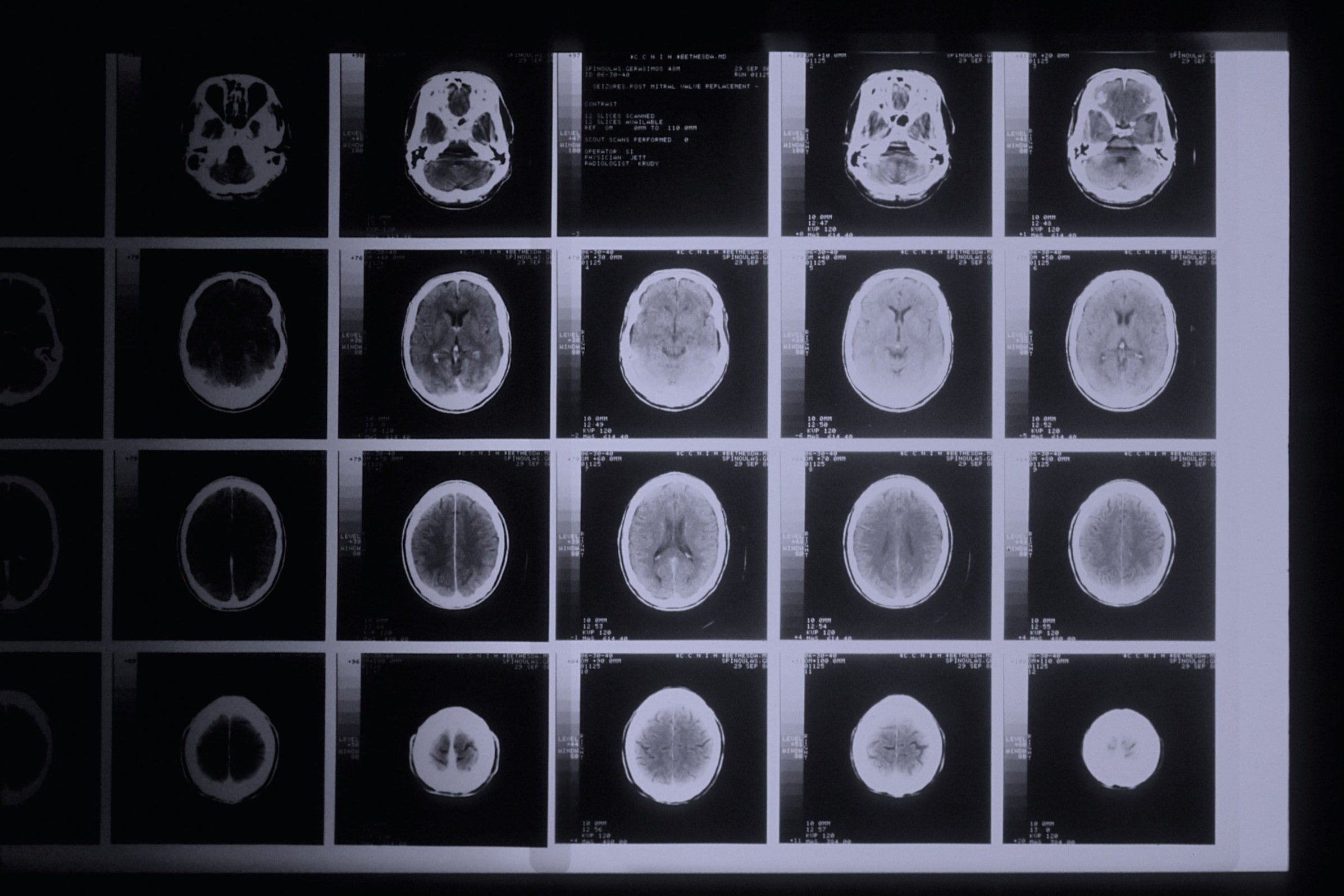
Brain Injury Lawyers
The severity and long-term consequences of a brain injury can vary widely depending on factors such as the type and location of the injury, the extent of damage, and the individual's overall health. Brain injuries can range from mild concussions to severe and permanent brain damage, affecting cognitive, physical, emotional, and behavioral functions.
Brain injuries can be caused by a third party’s negligence, intentional acts, or misconduct. These include car crashes, truck crashes, slip-and-fall and trip-and-fall accidents, medical malpractice, defective products, and sports injuries.
If you or someone you know has suffered a brain injury, call the UD Miami brain injury lawyers at (305) 330-2397 or use our convenient online form to see if we can help.
What are the most common types of brain injuries?
Brain injuries are largely split-up into two categories: traumatic brain injuries (“TBI”) and acquired brain injuries.
Traumatic Brain Injury (TBI): A traumatic brain injuries result from a sudden and violent blow or jolt to the head or body. They can occur in various situations, including:
Motor vehicle accidents
Falls, especially from heights or on slippery surfaces
Sports-related injuries, such as concussions in contact sports like football or soccer
Physical assaults or violence
Explosions or blasts, as seen in military combat or industrial accidents
Acquired Brain Injury (ABI): A non-traumatic brain injury refers to damage or dysfunction of the brain that occurs without an external force or physical trauma to the head. Unlike traumatic brain injuries (TBIs), which result from sudden impact or violent jolts, non-traumatic brain injuries are typically caused by internal factors or medical conditions. Examples of potential causes of non-traumatic brain injuries include:
Stroke: A stroke occurs when there is an interruption of blood flow to the brain, either due to a blockage (ischemic stroke) or bleeding (hemorrhagic stroke). Lack of oxygen and nutrients can lead to brain cell damage or death.
Brain Tumors: The presence of tumors in the brain can cause damage by putting pressure on surrounding brain tissue or by interfering with normal brain function.
Infections: Infections such as meningitis, encephalitis, or abscesses can affect the brain and cause inflammation and damage.
Lack of Oxygen: Prolonged lack of oxygen, known as anoxia or hypoxia, can lead to brain injury. This can occur during a near-drowning incident, suffocation, choking, or cardiac arrest.
Toxic Exposure: Exposure to certain chemicals, toxins, or drugs can damage brain cells and lead to brain injury. This includes carbon monoxide poisoning, lead poisoning, or drug overdose.
Medical Conditions: Certain medical conditions, such as Alzheimer's disease, Parkinson's disease, or brain infections, can result in progressive brain damage over time.
It's important to note that the severity and long-term consequences of a brain injury can vary widely depending on factors such as the type and location of the injury, the extent of damage, and the individual's overall health. Brain injuries can range from mild concussions to severe and permanent brain damage, affecting cognitive, physical, emotional, and behavioral functions.
If you or someone you know has suffered a brain injury, it's crucial to seek immediate medical attention and consult with a healthcare professional for a proper diagnosis, treatment, and ongoing care.
What kinds of damages are available to victims of brain injuries?
In Florida, if someone has suffered a brain injury due to the negligence or wrongful actions of another party, they may be eligible to seek various types of damages. The specific damages available will depend on the circumstances of the case and the extent of the brain injury. Here are some common types of damages that may be available:
Economic Damages:
Medical Expenses: Compensation for past, current, and future medical expenses related to the brain injury, including hospital bills, surgeries, medications, rehabilitation, therapy, assistive devices, and ongoing medical care.
Lost Wages: If the brain injury has caused the person to miss work or has affected their earning capacity, they may be entitled to compensation for the lost wages or a diminished earning capacity.
Future Economic Losses: If the brain injury has long-term or permanent effects that impact the person's ability to work and earn income, they may be eligible to seek compensation for the future economic losses they are likely to suffer.
Non-Economic Damages:
Pain and Suffering: Compensation for the physical pain, discomfort, and emotional distress caused by the brain injury.
Loss of Enjoyment of Life: Damages to compensate for the loss of ability to engage in activities and enjoy life as the person did before the brain injury.
Loss of Consortium: If the brain injury has impacted the person's ability to maintain normal familial relationships and companionship, their loved ones may be eligible to seek damages for the loss of consortium.
Emotional Distress: Compensation for the psychological and emotional impact of the brain injury, including anxiety, depression, post-traumatic stress disorder (PTSD), or other mental health issues.
Punitive Damages (in certain cases):
In cases where the defendant's conduct was particularly reckless, intentional, or grossly negligent, punitive damages may be awarded. Punitive damages aim to punish the defendant and deter similar behavior in the future.
It's important to consult with a personal injury attorney specializing in brain injury cases in Florida to understand the specific damages that may apply to your situation and the applicable laws. They can assess your case, gather evidence, and help you pursue a comprehensive claim for compensation to address the losses and damages you have suffered as a result of the brain injury.
-
*The information provided on this website is for general educational purposes only. This information is not legal advice and does not create any attorney-client relationship.
